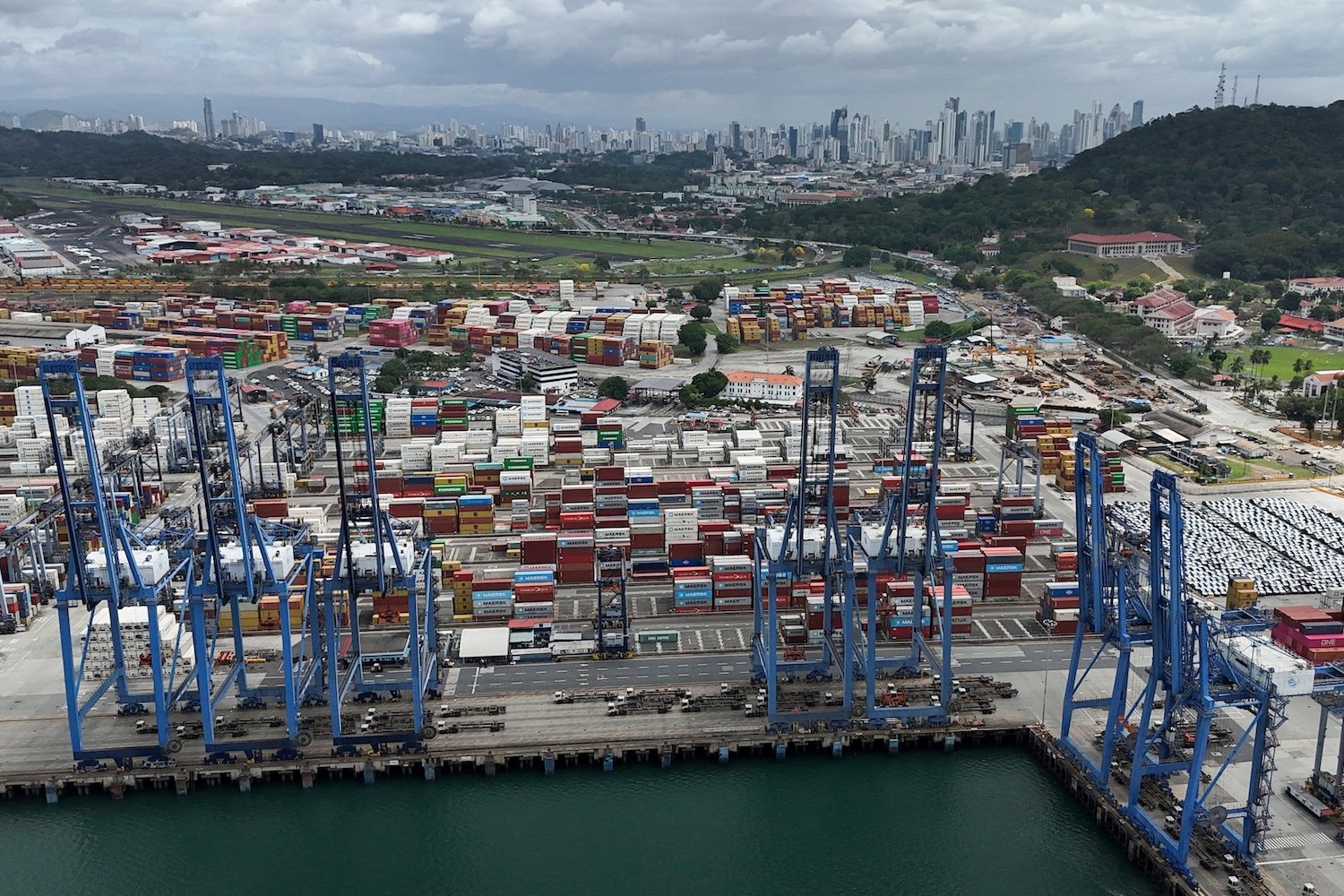Showing 1 - 10 of 10,000
Fruit tycoon shot to death in debt-related argument
Jakkrit Waewkraihong, Published on 25/02/2026
» Police have arrested a 33-year-old man in Chanthaburi on charges of shooting a local fruit tycoon to death and stealing five baht-weight of gold worth about 375,000 baht.
Future Trends concludes ‘Future Trends AHEAD SUMMIT 2026’ in grand style
Online Reporters, Published on 25/02/2026
» Future Trends has concluded Thailand’s largest trend-focused seminar, ‘Future Trends AHEAD SUMMIT 2026’, held on Feb 10 at Royal Paragon Hall, 5th Floor, Siam Paragon, Bangkok.
Sri Lanka looks to forge closer ties in 2026
News, Poramet Tangsathaporn, Published on 25/02/2026
» Sri Lanka aims to strengthen bonds with Thailand further in 2026 after the two sides feted the 70th anniversary of bilateral relations last year, according to the Sri Lankan embassy.
CPN launches major B7bn expansion of Central Phuket
Business, Kuakul Mornkum, Published on 25/02/2026
» SET-listed Central Pattana (CPN) is spending 7 billion baht to expand its large mixed-use Central Phuket development.
Panama takes over canal ports after court ruling
Bloomberg and Reuters, Published on 24/02/2026
» Panamanian President José Raul Mulino has ordered the temporary occupation of two ports run by Hong Kong-based CK Hutchison Holdings Ltd following a court ruling against the firm’s concession, escalating a dispute that has become a proxy battle between the US and China in Latin America.
Thailand blames Cambodia after brief border exchange
Chairith Yonpiam and Mongkol Bangprapa, Published on 24/02/2026
» Thailand’s army said it exchanged fire with Cambodian forces along the disputed border in Si Sa Ket province on Tuesday, accusing them of violating the December truce.
Comfort Thai dishes with a twist
Guru, Pornchai Sereemongkonpol, Published on 24/02/2026
» Siwilai City Club, Bangkok’s beach club on Central Embassy's Level 5, recently introduced Sala "Chef Waii" Sakdadej, whose restaurant Rasik Local Kitchen in Chiang Mai has a Bib Gourmand distinction, as its new chef partner.
German says deceived by transgender, who stole his money
Amporn Sangkaew, Published on 24/02/2026
» PATTAYA — A German man involved in a brawl with five transgenders has told police one of them had stolen a large amount of money after he took him back to his hotel room, mistakenly believing him to be a woman.
Decoding the strategy: why economic news is the success equation in the AI-driven investment era
Published on 24/02/2026
» In the current financial landscape, split-second changes can signify investment opportunities or unforeseen risks. The relationship between economic news and trading is no longer merely about monitoring general information; it is the key to unlocking the direction of global capital markets. Institutional investors and professional traders recognise that the systematic integration of economic news into trading strategies is central to sustainable portfolio growth. In an era dominated by algorithms and artificial intelligence (AI), understanding the dynamics of economic news allows investors to anticipate market movements and adapt ahead of the curve.
Ekniti welcomes latest US tariff measures
Business, Wichit Chantanusornsiri, Published on 24/02/2026
» The latest US tariff measures, which impose a uniform 15% import tariff on goods worldwide, is seen as a positive signal for the Thai economy and is expected to help push Thailand's GDP growth above 2%, says caretaker finance minister Ekniti Nitithanprapas.













